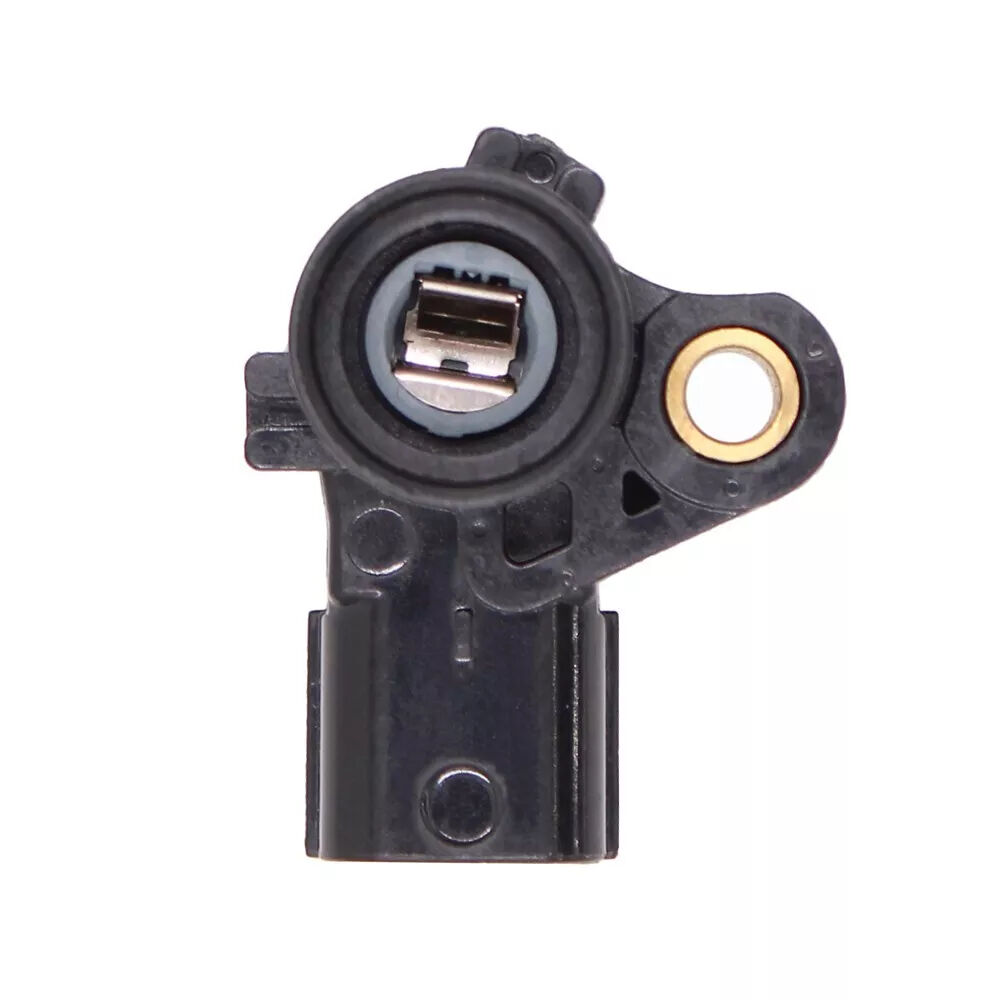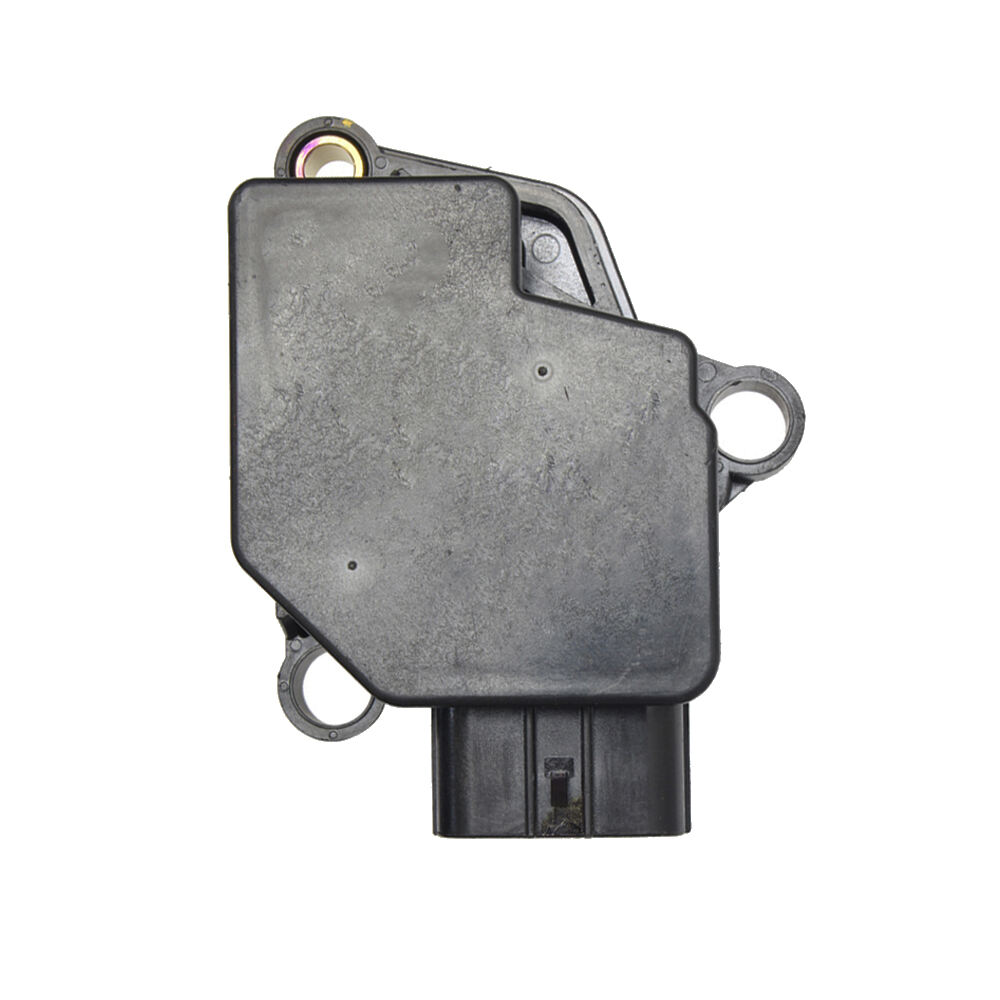electronic throttle control sensor
The electronic throttle control sensor is a sophisticated component that revolutionizes how modern vehicles manage engine performance and fuel efficiency. This advanced sensor replaces traditional mechanical throttle systems with an electronic interface that precisely monitors and controls the engine's air intake. Operating through a complex network of sensors and electronic control units, it continuously measures the accelerator pedal position and translates this input into precise throttle plate movements. The sensor works by utilizing Hall effect or potentiometer technology to generate electrical signals that correspond to the driver's throttle input. These signals are then processed by the engine control module to determine the optimal throttle position for current driving conditions. The system also incorporates fail-safe mechanisms and self-diagnostic capabilities to ensure reliable operation and safety. In practical applications, the electronic throttle control sensor enables features like cruise control, traction control, and various driving modes while maintaining optimal fuel efficiency and reducing emissions. This technology has become an integral part of modern vehicle design, appearing in everything from everyday passenger cars to high-performance vehicles and commercial trucks.


